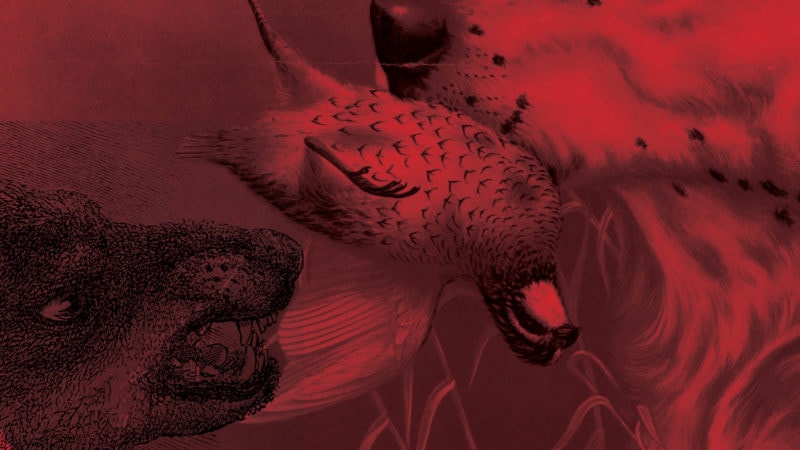The most hated woman in Belgium. That’s what they call me. Much more hated than that woman who murdered her five children. Most people have already forgotten her. Not me. Meanwhile other mothers have murdered their children, though not as resolutely as her, not as unerringly. She is and will remain the queen among murderess-mothers, the gold medalist, the Medea of our age.
I don’t deserve a medal. I deserve hatred, scorn, poison. People send me letters in which they describe in great detail what they would do to me if they had the chance. A long, lingering death under torture is what I deserve. Starvation. They enclose photos of emaciated Jews. “This is what you’ve got coming the moment you set foot out of prison!”
Don’t read them, says Anouk, and Sister Virginie also urges me not to. Ignore them, especially now. Save your strength for the day when you are released, the day they say is fast approaching, to the rage and frustration of the whole country. I must think of the good things, the good things Anouk wants for me and Sister Virginie also wants for me. Dear, faithful Sister Virginie, who in this hell takes pity on me like a mother, following the example of the Virgin Mary, Refuge of Sinners, Comfortress of the Afflicted. And she also took pity on my Mummy—God rest her soul. It was her idea that I should ask Mummy to pray at her house every day at eight-thirty in the evening. At the same moment I prayed in my cell, and so we were united in prayer. Poor Mummy, who was taken from us far too early. It is always too early, says Sister Virginie, for those we love. How lucky I am to have her, poor orphan, abandoned by everyone, except by her and by God. I do not always feel Him. Forgive me.
And forgive me for reading everything.
M also reads everything that appears about him in the press. So I read in the paper. He cuts it out and puts it in a folder, like me. He will notice that recently more has been written about me than about him. A lot more. It will make him furious. Seething with rage.
Soon I’ll be free and you won’t, M.
This time I shan’t come and visit you. I shan’t sit opposite you. I shan’t listen to what you’ve got to say. The jobs you’ve got for me, the role you’ve devised for me. I shan’t even think about you.
“You owe everything to me. Without me you’d be nothing.”
And I believed him.
I have a poor self-image, says psychotherapist Anouk. That’s why I’m easy prey for bad men. Was easy prey for bad men.
I don’t want to hear another word about him. Other things concern me now, such as the question: why are murderess-mothers not hated?
On that subject I don’t want to miss a single word. Unfortunately those words dry up in the blink of an eye. You have to be as quick as lightning, and I’m not as quick as lightning, I never have been. Even the champion Geneviève Lhermitte scarcely gets the ink flowing anymore. At the beginning you couldn’t turn on the television without there being a news item about her. In every tree in the country a bird chirped her name: Lhermitte, Lhermitte, Lhermitte. The papers brought out special editions with photos and interviews and plans and details. A fresh load of horror! Was there no end to it? people wondered in desperation. No, there is no end to it. That’s why we must pray for redemption.
Now the commotion has died down. She has in fact acquired formidable competition, although for now she need not fear demotion. She is still the tops, and I, the most hated woman in the country, the woman whose name is not and will not be forgotten, think of her. Not a day goes by without a thought of her. Call it an honorary salute.
Does she think of me?
*
Excerpted from The Woman Who Fed the Dogs (January 2019, World Editions)
